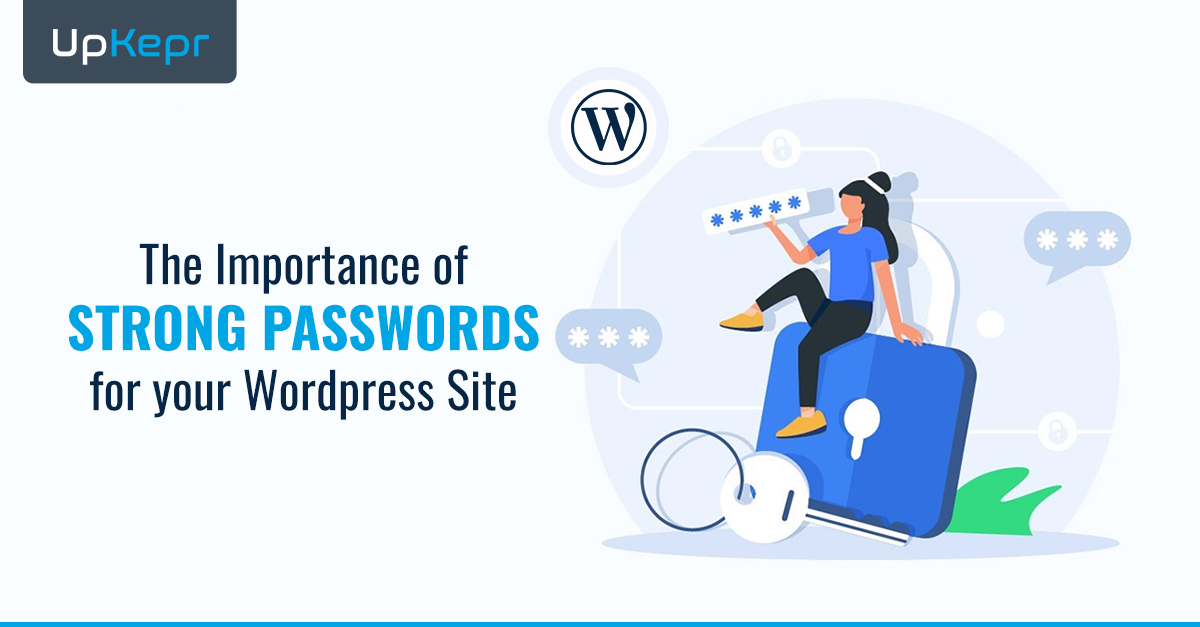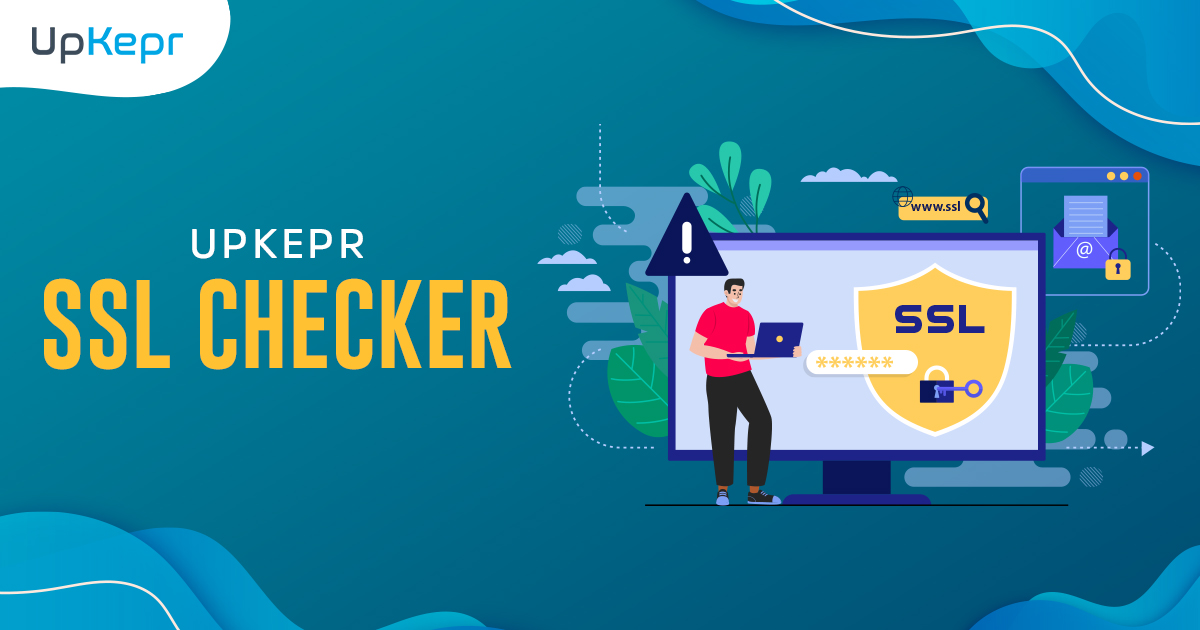
How Poor Website Health Creates Security Loopholes for Hackers

Introduction
A website is more than just a digital storefront—it’s a gateway to your brand and customers. Without regular health checks, it becomes vulnerable to cyber threats like data breaches, malware, and costly downtime. While businesses often focus on design and user experience, they sometimes overlook website security. This blog highlights how poor website health can expose your site to risks and how smart monitoring tools can strengthen your digital presence.
Regular website checkups act as a security shield, helping you catch hidden issues before they escalate. Stay proactive to keep your website secure, efficient, and resilient. Read More..
What is Website Health?
Website health encompasses the overall performance, security, and efficiency of your website. It includes various elements such as loading speed, SEO optimization, secure coding practices, updated plugins, and regular backups. A well-maintained website not only performs better but is also less vulnerable to security threats.
Key Factors of Website Health:
- Page Load Speed
- SEO Optimization
- Regular Software Updates
- SSL Certificate Validity
- Mobile Responsiveness
- Security Configurations
- Regular Backups
Why It Matters:
A slow, outdated, or poorly optimized website is more likely to suffer from vulnerabilities, making it an easy target for hackers. Regular website health checks ensure that these weak points are identified and fixed promptly.
How Poor Website Health Creates Security Loopholes
1. Outdated Plugins and Software
Outdated plugins, themes, and content management systems (CMS) are some of the most common entry points for hackers. Developers regularly release updates to patch security flaws. Ignoring these updates leaves your site exposed.
2. Weak SEO Health
A poorly optimized website is more susceptible to malicious SEO tactics like keyword stuffing, link farming, and cloaking. Hackers often exploit weak SEO health to inject malicious code, affecting both your search rankings and user security.
3. Broken Links and Poor Coding Practices
Broken links and unclean code not only affect user experience but can also be exploited to execute malicious scripts. These vulnerabilities provide a gateway for hackers to inject harmful code or redirect users to phishing sites.
4. Weak Passwords and Poor Authentication
Weak login credentials and lack of multi-factor authentication make it easier for hackers to gain unauthorized access. Automated bots can run brute-force attacks, cracking weak passwords in seconds. To strengthen your online security, use tools like Upkepr Strong Password Generator. It helps you create complex, hard-to-crack passwords instantly, reducing the risk of unauthorized access and enhancing your overall cybersecurity.
5. Insecure Hosting Environments
Cheap or poorly configured hosting solutions often lack robust security measures, leaving your website vulnerable to server-side attacks. Shared hosting environments, in particular, can pose a significant risk if another website on the server gets compromised.
6. Lack of SSL Certificates
An SSL certificate encrypts data exchanged between the website and its users. Without it, sensitive information like passwords and credit card numbers can be intercepted by hackers. Google also penalizes non-SSL websites, affecting SEO rankings.
7. Unmonitored Website Health
Many businesses overlook regular website health monitoring, which can lead to unnoticed vulnerabilities. Using a tool like UpKepr allows you to check website health status easily and for free, identifying issues before they escalate.
The Real-World Impact of Poor Website Health
1. Data Breaches
Weak website health increases the risk of data breaches. Customer data, including emails, passwords, and payment information, can be stolen and sold on the dark web.
2. Malware Infections
Hackers inject malicious code into vulnerable websites, leading to malware infections that can harm visitors, damage reputations, and even result in blacklisting by search engines.
3. SEO Penalties
Search engines like Google penalize websites that exhibit suspicious behavior or poor SEO health. This can drastically reduce your site’s visibility, impacting traffic and revenue.
4. Financial Losses
Data breaches, downtime, and loss of customer trust can lead to significant financial losses. In some cases, businesses have had to shut down entirely due to the devastating impact of cyberattacks.
How to Check and Improve Your Website Health
1. Regular Website Health Checks
Use tools like UpKepr Website Health Checker to run routine diagnostics. This tool allows you to check website health status and identify potential vulnerabilities.
2. Strengthen Website Security
- Update all plugins, themes, and CMS regularly.
- Use strong, unique passwords and enable two-factor authentication.
- Install SSL certificates to secure data transmission and check SSL certificate online to ensure proper installation and validity.
- Choose secure and reliable hosting providers.
3. Improve SEO Health
- Fix broken links and improve site navigation.
- Optimize page load speed.
- Use proper meta tags and keywords.
4. Monitor and Backup Regularly
- Set up automated backups to recover data in case of an attack.
- Use monitoring tools to detect unusual activities.
How UpKepr Can Help Secure Your Website
UpKepr offers a comprehensive Website Health Checker Free tool designed to help you monitor your site’s overall health and security. With UpKepr, you can:
- Check Website Health Status: Get a complete overview of your site’s performance and security.
- Identify Security Weaknesses: Spot outdated plugins, weak passwords, and missing SSL certificates.
- Improve SEO Health: Optimize your site for better search engine rankings.
- Receive Regular Alerts: Stay informed about any potential vulnerabilities.
With UpKepr, you can ensure that your website remains secure, optimized, and resilient against cyber threats.
Conclusion
Poor website health is more than just an inconvenience—it’s a serious security risk. From outdated plugins to weak SEO practices, every small flaw can become a gateway for hackers. Regularly checking your website’s health using tools like UpKepr is crucial for safeguarding your business, protecting user data, and maintaining a strong online presence.
Don’t wait for a breach to realize the importance of website health. Use UpKepr Website Health Checker Free today to check website health status and fortify your website against potential security threats.



























































































 Sign Up with Google – Free
Sign Up with Google – Free Sign Up with Github – Free
Sign Up with Github – Free